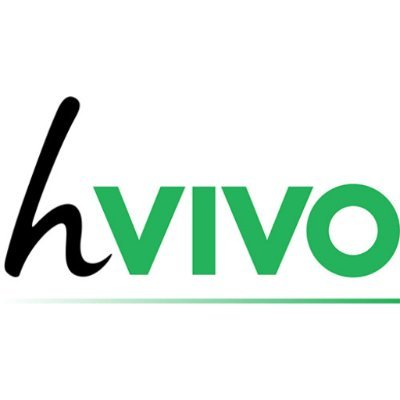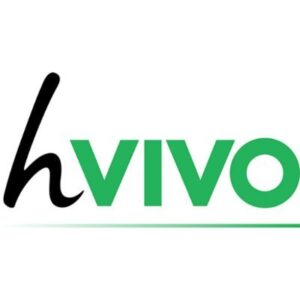Understanding the distinction between clinical trials and clinical studies is vital in the realm of medical research. While all clinical trials fall under the broader category of clinical studies, the two are not synonymous. Clinical trials specifically focus on testing new treatments or interventions through controlled experiments involving human volunteers, whereas clinical studies encompass a wider range of research activities.
Clinical studies refer to investigations that examine how a medicine works, its potential side effects, and how the body processes it. The primary aim is to determine the medicine’s safety and effectiveness. Researchers analyse various aspects such as how the medicine is absorbed, distributed, metabolised, and excreted by the body, alongside any possible adverse reactions, ensuring that the medicine is safe for patients.
A clinical trial, as a subset of clinical studies, plays a crucial role in bringing new medical treatments, drugs, or procedures to the market. These trials involve human volunteers in rigorously controlled environments to assess the safety and effectiveness of the interventions being tested. The distinction between clinical trials and clinical studies lies not only in their scope but also in their objectives, methodologies, and participant requirements.
Clinical studies can be either observational or interventional. Clinical trials fall under the interventional category, as they involve testing a specific intervention in a controlled setting to evaluate its effects. Conversely, observational studies monitor participants and record the outcomes of their current treatments without making any alterations. This approach allows researchers to collect data on the effectiveness of treatments in real-world settings, without introducing new variables.
The objectives of clinical trials and clinical studies also differ. The primary goal of a clinical trial is to determine whether a new intervention is more effective than existing treatments and to assess its safety within a specific population. On the other hand, clinical studies aim to identify patterns, risk factors, or associations between variables and health outcomes. These studies may explore the incidence and prevalence of diseases, as well as identifying potential risk factors and trends.
The phases and types of research involved also distinguish the two. Clinical trials proceed through various phases, each designed to assess different aspects of the intervention’s efficacy and safety. In contrast, clinical studies can take many forms, such as case studies, ecological studies, cross-sectional studies, case-control studies, and cohort studies. Each type of study is used in different research contexts, depending on the research question being addressed.
Participants in clinical trials and clinical studies vary significantly. Clinical trials usually require a large number of participants, selected based on strict eligibility criteria, such as age, health status, and medical history. In contrast, clinical studies may involve a smaller group of participants, especially in case studies, which might focus on detailed observations of just one or a few patients.
Examples of clinical studies include epidemiological studies, which track disease prevalence, and case-control studies, which compare patients with a condition to those without it. Clinical trials, on the other hand, test new treatments in controlled settings. For instance, FluCamp has conducted trials such as flu clinical trials to evaluate new treatments and vaccines for influenza, asthma trials to study medications for managing symptoms, and COVID-19 vaccine trials to assess vaccines’ effectiveness in preventing the virus.
The distinctions between clinical trials and clinical studies highlight the complexity and importance of different research approaches in advancing medical knowledge and improving patient care. Each plays a unique role in the ongoing effort to develop safer and more effective treatments.
hVIVO plc (formerly Open Orphan plc), led by Cathal Friel, is a rapidly growing specialist contract research organisation (CRO) and the world leader in testing infectious and respiratory disease vaccines and antivirals using human challenge clinical trials, providing end-to-end early clinical development services for its broad and long-standing client base of biopharma companies.


